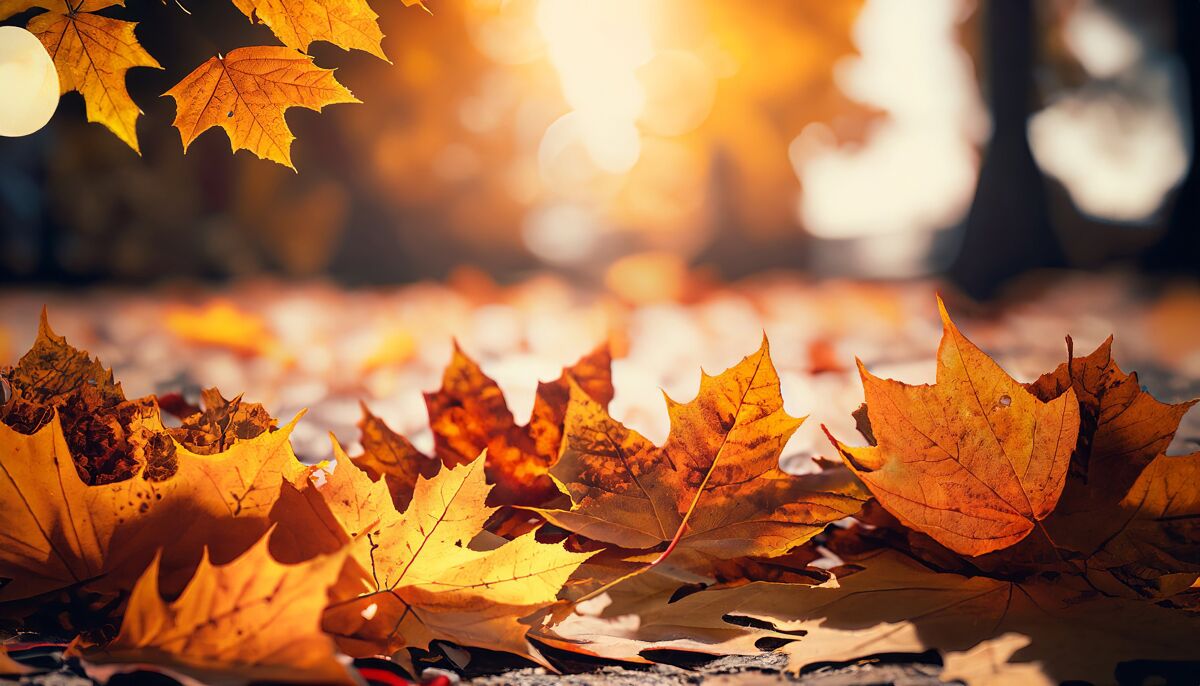Fearless Autumn
Bonfire Night: Supporting Young People to Stay Safe
Are you a young person? Click HERE to get information that's been created just for you.
Watch this short video with Fearless, Police Scotland and the Scottish Fire & Rescue Service:
Prefer to read? All the key information is written below.
Quick Facts: Fireworks and the Law
The three things every adult should know:
- Age – You must be 18 or over to buy fireworks.
- Times – Normally 6pm–11pm (midnight on Bonfire Night, 1am on New Year, Diwali and Chinese New Year).
- Places – Fireworks can’t be used in the street, in parks, on roads or in Firework Control Zones.
Scroll down for the full law explained.
Why Our Campaign Matters
The majority of young people do the right thing at Bonfire Night - they care about their friends, families, and communities. But risks can increase when there’s peer pressure, lack of awareness, or adults supplying fireworks illegally.
Our campaign is designed to equip young people with the facts, skills, and safe opportunities they’ve told us they want. It’s a positive, preventative approach - not about blame.
It’s important to remember: it isn’t illegal for young people to be out in groups in their communities (unless a Police Dispersal Zone is in place). That’s normal youth behaviour. The focus should be on supporting safe choices and safe communities for them to be in - not stigmatising young people for spending time together.
What to Look Out For
Signs your child might be at risk around fireworks:
- Suddenly hiding or carrying fireworks.
- Being vague about where they’re going or who they’re with.
- Older teenagers or adults offering to “sort fireworks” for them.
- Posting or sharing risky videos online.
Conversation Starters
Even short chats can make a difference. Try asking:
- “What do you enjoy about Bonfire Night?”
- “What would you do if someone offered you fireworks?”
- “How do you think fireworks affect pets or people nearby?”
- “If you felt unsafe, who could you talk to?”
Helpful Links
It’s always safest to attend an organised public display. If you do plan to use fireworks at home, make sure you follow the Fireworks Code for clear safety guidance.
For schools and youth groups, the Scottish Fire & Rescue Service has created PowerPoint presentations for P6–S2 to support classroom learning and community sessions.
You can also explore the issue of “grass” culture and the importance of speaking up about crime with young people using Fearless resources.
If you’re supporting an autistic child or someone sensitive to loud noise, these simple strategies can help make Bonfire Night less overwhelming.
And for pet owners, the Scottish SPCA offers practical steps you can take before and during Bonfire Night to keep animals calmer and safer.
Fireworks Laws
Scotland has strict rules about fireworks to keep people safe and reduce accidents. Here’s what you should know:
- You must be 18 or older to buy most fireworks.
- Shops can only sell fireworks at certain times of the year, like around Bonfire Night, New Year, Chinese New Year, and Diwali.
- You can normally only set off fireworks between 6pm and 11pm.
- On Bonfire Night (5 Nov), the limit extends to midnight.
- On New Year’s Eve, Chinese New Year, and Diwali, you can use them until 1am.
- It’s illegal to set off fireworks in the street or other public places (parks, roads, etc.)
- You can usually set them off in your own garden, but not if you’re in a Firework Control Zone.
You can get fined or even arrested if you:
- Possess fireworks under the age of 18
- Sell, buy or supply fireworks to anyone under 18 (apart from category F1 fireworks e.g. party poppers)
- Set off fireworks in a restricted area or outside permitted times
- Throw or set off fireworks in a public place (like a street, park or road)
- Cause unnecessary suffering to animals
Fireworks Control Zones
Some areas have Fireworks Control Zones and Police Dispersal Zones in place in addition to all the normal Laws.
Local councils can set up special areas called Firework Control Zones to control where fireworks can be used.
In these zones:
You can’t set off fireworks anywhere - even in your own garden - unless they’re Category 1 fireworks (like sparklers, crackers, or party poppers).
Big, organised public firework displays are still allowed, so people can enjoy fireworks safely.
The police are responsible for enforcing offences in a Firework Control Zone.
Police Scotland can create Dispersal Zones in areas where antisocial behaviour is a problem.
In these zones:
Police can instruct groups of 2 or more people hanging about or behaving in an antisocial manner to disperse.
Those who fail to comply, or return within 24 hours, can face arrest.
You can check if you’re in a Firework Control Zones by visiting your local council’s website or social media for maps and updates.
To check if there is a Dispersal Zones in place where you live or are in, check Police Scotland’s website and social media pages, or look out for signs in your local area.
Reporting Concerns
If you suspect a young person you look after or work with knows information about fireworks misuse - for example, an adult or business supplying fireworks to under-18s, or a plan to target the emergency services - please encourage them to report it 100% anonymously HERE.
We can’t track their IP address, phone number, or any details that could identify them.

Anonymity
Fearless is a service that allows you to pass on information about crime 100% anonymously. Anonymous means your identity is completely unknown.

Give information anonymously
Report a crime 100% anonymously by completing our online form or calling 0800 555 111

Youth support services
Access a selection of youth organisations who can offer further information, advice and support for whatever you're dealing with.
